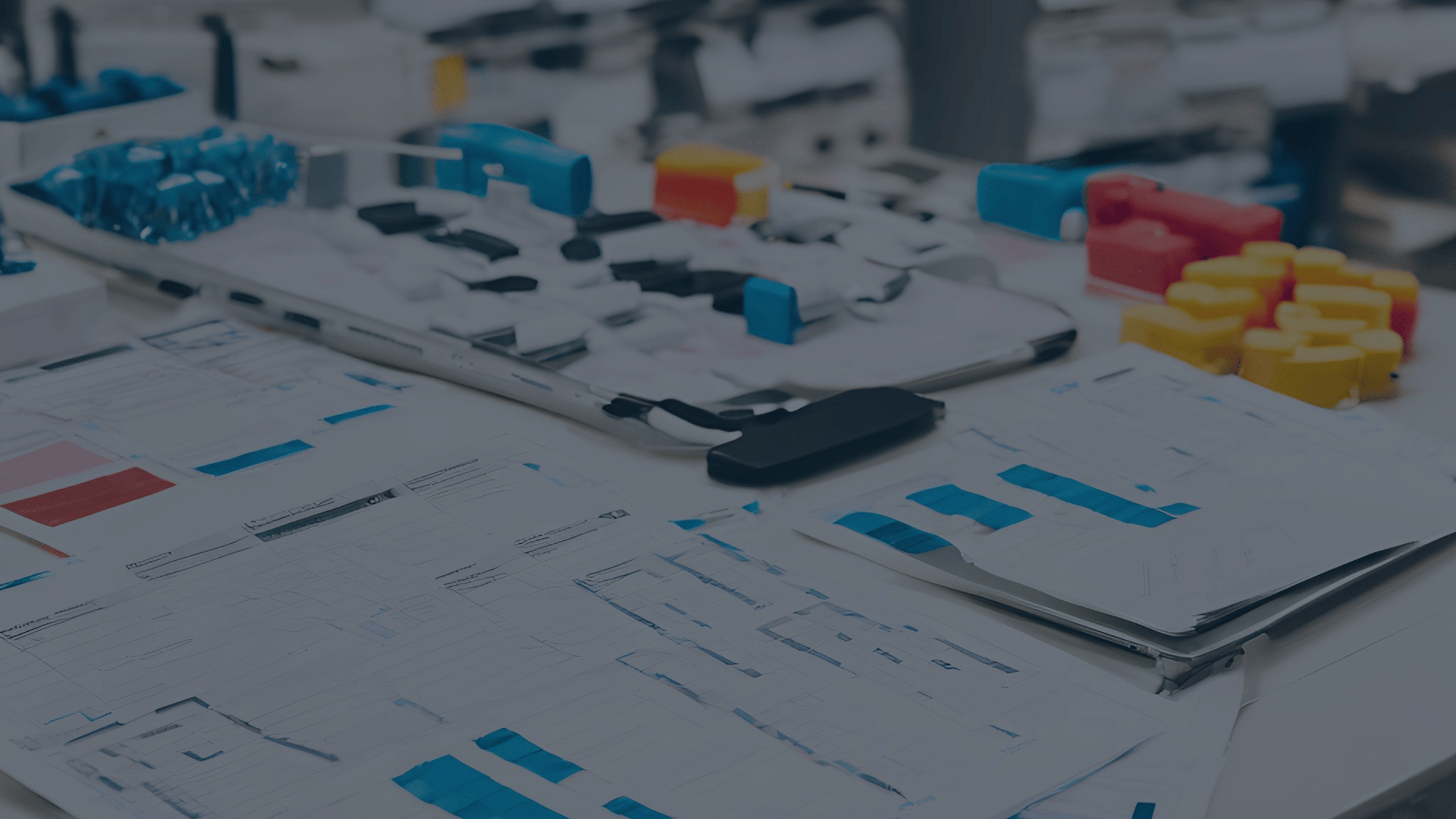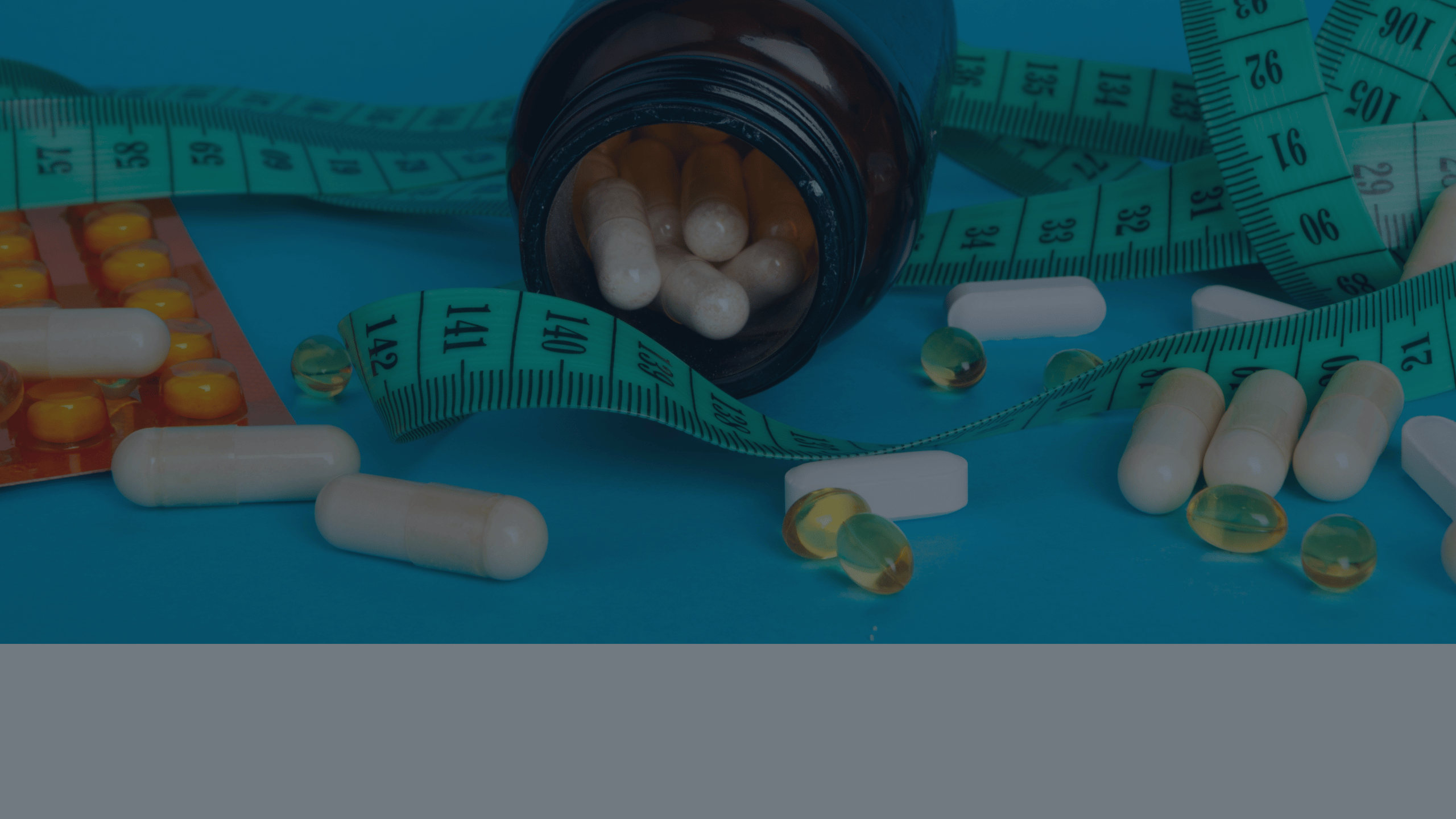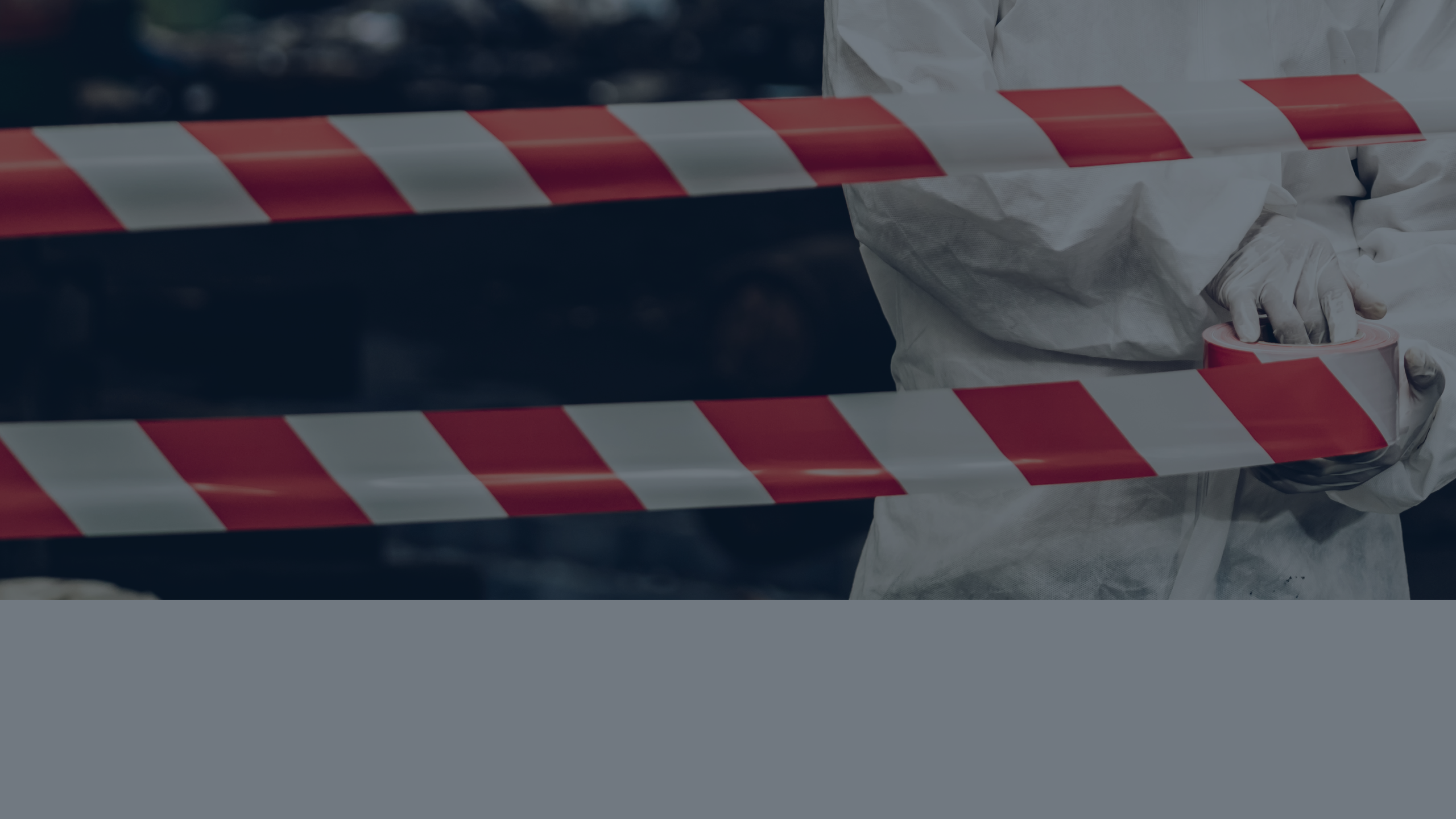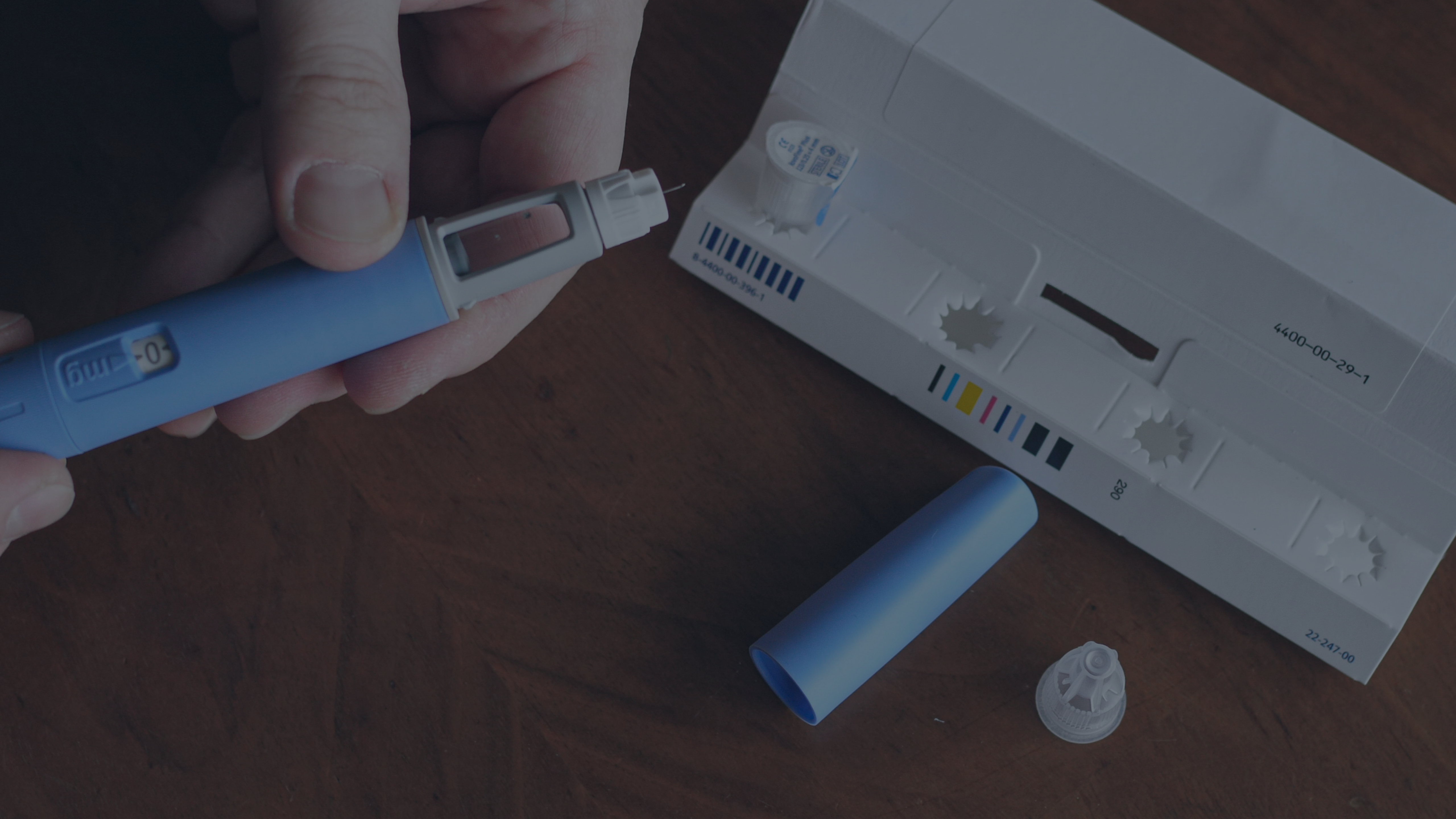Clinical trials are essential to drug development and must be conducted in compliance with regulations and standards that ensure patient safety and data integrity. However, conducting clinical trials in Brazil has unique challenges, including complex regulations, lengthy approval processes, high import taxes and duties, language barriers, and difficulty finding local representation. These challenges have posed significant problems for foreign sponsors and investigators, leading to substantial delays and logistical challenges.
Some factors contributing to import challenges for clinical trials in Brazil include:
- Complex and ever-changing regulations and bureaucratic challenges.
- Lengthy approval processes.
- High import taxes and duties.
- Language barriers
- Difficulty in obtaining local representation.
In this blog, we will discuss each factor in detail and explore how having a specialist medical Importer of Record (IOR) with in-depth experience importing to Brazil can assist in dealing with all these challenges.
1. Complex Regulations and Bureaucratic Challenges
Customs regulations pose one of the biggest import challenges for clinical trials in Brazil, as they can be complex and require compliance with various laws and guidelines. The Brazilian regulatory framework is governed by multiple regulatory agencies, including the National Health Surveillance Agency (ANVISA), the Brazilian Medical Association (BMA), and the Brazilian Ministry of Health (BMH). Each agency has its protocol that needs to be followed and complied with, and these protocols and rules can change frequently.
Some key requirements for customs clearance that need to comply with Brazilian regulations include the following:
1.1 Correct Import Licenses and Permits
One of the biggest hurdles is obtaining the correct licenses and permits required to import drugs and medical devices into Brazil. ANVISA oversees the regulatory requirements for clinical trials in the country, and the agency must approve all clinical trial materials before they can be imported. The approval process can be lengthy, and companies must provide detailed information about the product and the trial to obtain the necessary permits.
1.2 Storage and Handling
Another challenge is ensuring that clinical trial materials are stored and handled according to ANVISA regulations. These regulations cover everything from the temperature at which drugs and medical devices must be kept, to the types of containers used for shipping. Companies must also comply with Good Clinical Practices guidelines, which dictate Brazil’s ethical and scientific standards for conducting clinical trials.
1.3 Compliance with Good Clinical Practices (GCP) Guidelines
The GCP guidelines are ethical and scientific standards that must be followed during clinical trial design, conduct, and reporting. The guidelines are designed to protect trial participants’ rights, safety, and well-being and ensure that the study’s data is of high quality and can be used to support regulatory decisions.
The GCP guidelines are important when importing clinical trial materials into Brazil, as all clinical trials must comply with these guidelines to be approved by ANVISA. Failure to comply with GCP guidelines can result in delays in the regulatory approval process or the rejection of the trial application altogether.
1.4 HS Codes
HS codes are critical when importing clinical trial materials into Brazil because they impact the regulatory approval process and are used to determine the right amount of import duty and taxes. ANVISA requires specific HS codes for clinical trial materials, which differ from those used for commercial goods. Companies must understand the classification system to ensure proper classification, and the codes used in Brazil may vary from those used in other countries.
1.5 Documents and Certificates
All necessary documents and certificates are submitted to customs, including invoices and certificates of origin. These include invoices, certificates of origin, import licenses and permits, Good Manufacturing Practices (GMP) certificates, and clinical trial authorizations.
- The invoice is a detailed document describing the imported goods, including their quantity, value, and other relevant information. The invoice must be prepared correctly and match the information provided in other documents, such as the packing list and bill of lading.
- Certificates of origin are also important when importing into Brazil. These documents provide information about the origin of the imported goods and may be required to verify that the goods meet certain trade agreements or tariff preferences.
- Import licenses and permits are necessary to import drugs and medical devices. Companies must obtain the appropriate licenses and permits from ANVISA and other regulatory authorities in Brazil before importing these materials.
- GMP certificates are required to ensure that the clinical trial materials are produced and handled in a way that complies with the quality standards set by ANVISA and other regulatory agencies.
- Finally, companies must obtain clinical trial authorizations from ANVISA, the BMA, and the BMH to conduct clinical trials in Brazil. This requires the submission of a detailed study protocol and other relevant information about the clinical trial.
To ensure compliance with these regulations, the IOR must work closely with experienced logistics partners and regulatory authorities.
2. Lengthy Approval Processes
Brazil’s clinical trial approval process is notoriously lengthy, taking up to 18 months, significantly longer than other countries, which typically take three-to-six months. The process involves several stages, including pre-approval, registration, and post-approval, which can each take several months to complete.
- Submission of the trial protocol to the ANVISA: depending on the trial’s complexity and the submission’s completeness, this step can delay trials by weeks or months.
- Once ANVISA approves the trial protocol, the study sponsor must request authorization from the BMH.
- The study sponsor must then request authorization from the Brazilian National Ethics Committee (CONEP).
- After CONEP approves the trial, the study sponsor must request authorization from the local ethics committees (LEC) at each participating site.
While this may seem straightforward, administrative errors, missing information, and lack of communication can all lead to significant delays. In addition, the recent COVID-19 pandemic has further impacted the approval process. Recruitment of participants has been more difficult due to potential participants’ safety concerns, and ongoing travel restrictions. ANVISA has also faced challenges in adapting to remote review processes and increasing workloads, leading to additional delays.
3. High Import Taxes and Duties
As previously mentioned, HS codes are used to determine tax and Value Added Tax (VAT) costs. When importing goods into Brazil, the importer must be aware of and comply with various tax regulations and requirements, which include:
- Import Duty: The duty rate for imported goods in Brazil varies based on the product type and its corresponding HS code.
- VAT: the current VAT rate in Brazil is set at 18% and calculated on the value of the goods, import duty, and other taxes.
- Industrialized Product Tax (IPI): Dependent on the HS code, this federal tax applies to manufactured or industrialized products.
- State Tax: Some states in Brazil also levy additional taxes on imported goods, such as the Substitute Tax on Industrialized Products (ICMS) which varies by state.
It is also essential to be aware of any changes in Brazil’s tax laws and regulations, as the government has been known to change the rates and regulations. The importer should maintain proper records and documentation to support the importation process and any tax-related issues.
4. Language Barriers
The regulatory authorities, ethics committees, and local study teams in Brazil typically communicate in Portuguese, making it difficult for non-native speakers to navigate the approval process and communicate with key stakeholders effectively. These communication challenges can impact the accuracy and completeness of clinical trial documentation and can even compromise the safety of trial participants.
5. Difficulty Finding Local Representation
Deploying clinical trial goods to Brazil requires trial sponsors to have reputable and experienced local representation, which can be challenging to find. Local representation can be provided by regulatory consultants, logistics providers, and local clinical research organizations (CROs). However, it is vital to conduct thorough due diligence when selecting local partners to ensure they have the necessary experience, expertise, and resources to support the trial.
In addition, it is also essential to establish effective communication and collaboration with the local study team, who can assist with navigating the local regulations and customs, identifying potential challenges, and finding solutions. They can also assist with language barriers by providing translation and interpretation services if needed.
How to Succeed in the Brazilian Import Landscape
Brazil faces many import challenges in its clinical trials, which can cause significant delays. To address the complex and ever-changing regulations and bureaucratic challenges, bear these tips in mind:
- Find experienced local partners who can provide support and navigate the regulatory landscape.
- Conduct proper planning and budgeting to mitigate the lengthy approval process and account for potential logistical challenges.
- Work with a reputable partner who thoroughly understands the Brazilian tax system and import compliance regulations.
- Establish effective communication and collaboration with the local study team and regulatory authorities.
- Use local representation to provide translation and interpretation services to avoid potential miscommunication due to language barriers.
By breaking up these solutions into these categories, clinical trial sponsors and investigators can effectively address the unique challenges of conducting clinical trials in Brazil.
Work with TecEx Medical
Given these difficulties, clinical trials must collaborate with a specialist medical IOR who has experience importing clinical goods into Brazil. TecEx Medical can help navigate the complex regulatory environment and ensure compliance with all relevant laws and regulations. We can help to streamline the import process, minimize delays, and reduce costs associated with Brazil’s high import taxes, language barriers, and other bureaucratic challenges.
Make clinical deployments in Brazil easier by contacting TecEx Medical today.





